New Delhi: Jagdeep Dhankhar tendered his resignation as the Vice President of India on 21 July, citing health reasons. The announcement came on the very day the Monsoon Session of Parliament commenced.
The resignation, tendered under Article 67(a) of the Constitution, took immediate effect upon its submission to President Droupadi Murmu.
In his resignation letter, Dhankhar wrote, “To prioritise health care and abide by medical advice, I hereby resign as the Vice President of India, effective immediately.”
Dhankhar also expressed his deep gratitude for the support extended by the President, Prime Minister, Council of Ministers and Members of Parliament during his tenure.
Earlier the same day, Dhankhar had presided over the Rajya Sabha as its ex-officio Chairman during the opening proceedings of the Monsoon Session. He informed the House that he had received a letter seeking the impeachment of Justice Yashwant Varma, directing the Secretary-General to initiate the necessary actions.
However, within hours, Dhankhar’s resignation was made public, effectively vacating both the Vice President’s office and the Chairmanship of the Rajya Sabha. His resignation has triggered a series of constitutional protocols designed to ensure continuity in the functioning of the Rajya Sabha.
— Vice-President of India (@VPIndia) July 21, 2025
Deputy Chairman Harivansh to Step In
With the Vice President’s post now vacant, the responsibility of presiding over Rajya Sabha proceedings falls upon Deputy Chairman Harivansh Narayan Singh. Having been in office since August 2022, Harivansh is constitutionally empowered under Article 91 to perform the duties of the Chairman until a new Vice President is elected and assumes charge.
His role becomes critical in maintaining parliamentary decorum and legislative continuity during a politically sensitive Monsoon Session, which is set to span from 21 July to 21 August, with a break from August 12 to 18 to facilitate Independence Day celebrations.
New Vice President
As per Article 68(2) of the Constitution, the process to elect a new Vice President must be initiated as soon as possible following a vacancy caused by resignation or otherwise. The elected individual will serve a full five-year term beginning from the date they assume office, according to the provisions of Article 67.
The election is usually conducted, comprising members of both Lok Sabha and Rajya Sabha, including nominated members.
The moment the new Vice President takes office, they automatically assume the role of Chairman of the Rajya Sabha.
Prior Engagement Plans Now Cancelled!
Interestingly, just a day before the resignation, it was publicly announced that Dhankhar was scheduled to visit Jaipur, Rajasthan, on 23 July.
The visit was to include an interaction with the newly elected Committee members of CREDAI Rajasthan at the historic Rambagh Palace. Following his resignation, this official engagement has been called off.
Dhankhar’s Last Words in the Rajya Sabha
Before announcing his resignation, Dhankhar addressed the Rajya Sabha in a tone of solemn statesmanship.
Stressing the importance of civility in political discourse, he stated, “A thriving democracy cannot sustain constant acrimony. Political tension must be reduced, as confrontation is not the essence of politics.”
He emphasised that while political ideologies may vary, national interest must remain the ultimate unifier.
He also urged parliamentarians to “foster bonhomie and mutual respect,” avoid personal attacks, and focus on dialogue and deliberation-qualities he described as integral to India’s civilizational ethos.
Concluding his address on the first day of the Monsoon Session, Dhankhar expressed hope that the Monsoon Session would be productive and meaningful with the cooperation of both ruling and opposition parties.
A Critical Parliamentary Session
It should be noted that Dhankar’s resignation comes at a crucial time, as this is the first parliamentary session to be conducted after Operation Sindoor.
Additionally, Parliamentary Affairs Minister Kiren Rijiju has stated that 17 key items of legislative business are on the agenda, including 15 bills. Some of the prominent bills listed include:
- Income Tax Bill, 2025
- Manipur GST (Amendment) Bill, 2025
- Taxation Laws (Amendment) Bill, 2025
- Jan Vishwas (Amendment of Provisions) Bill, 2025
- Indian Institutes of Management (Amendment) Bill, 2025 (To include IIM Guwahati)
- Merchant Shipping Bill, 2024
- Indian Ports Bill, 2025
- Geoheritage Sites and Geo-relics (Preservation and Maintenance) Bill, 2025
- Mines and Minerals (Development and Regulation) Amendment Bill, 2025
- National Sports Governance Bill, 2025
- National Anti-Doping Amendment Bill, 2025
The session will also be expected to include discussions on Demands for Grants (Manipur) for FY 2025–26 and a resolution seeking an extension of President’s Rule in Manipur, originally imposed on 13 February, under Article 356(1).

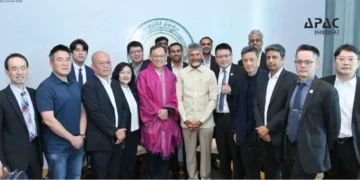
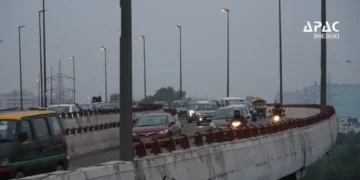

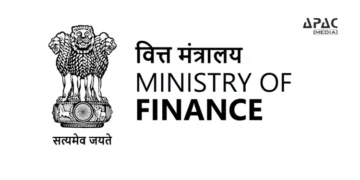

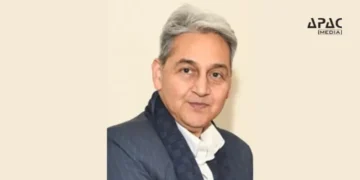

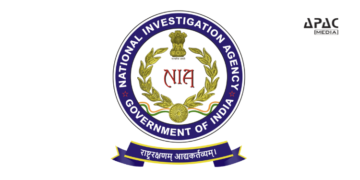








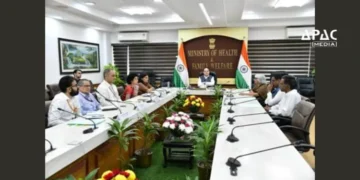






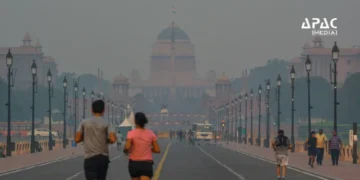


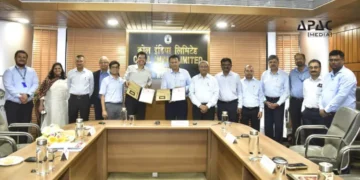
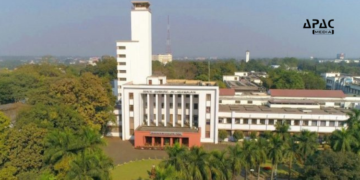
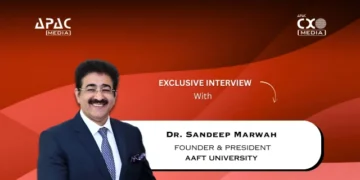


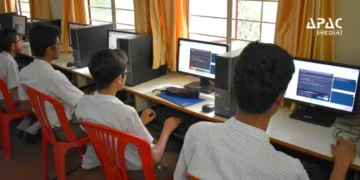



















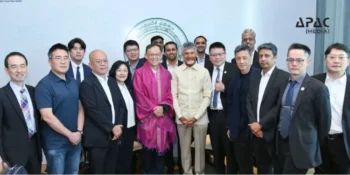
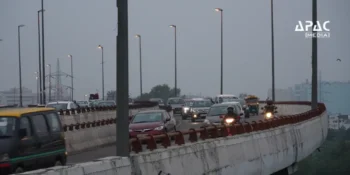

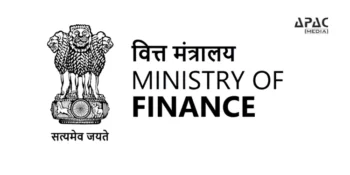

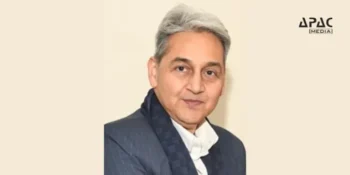







Discussion about this post